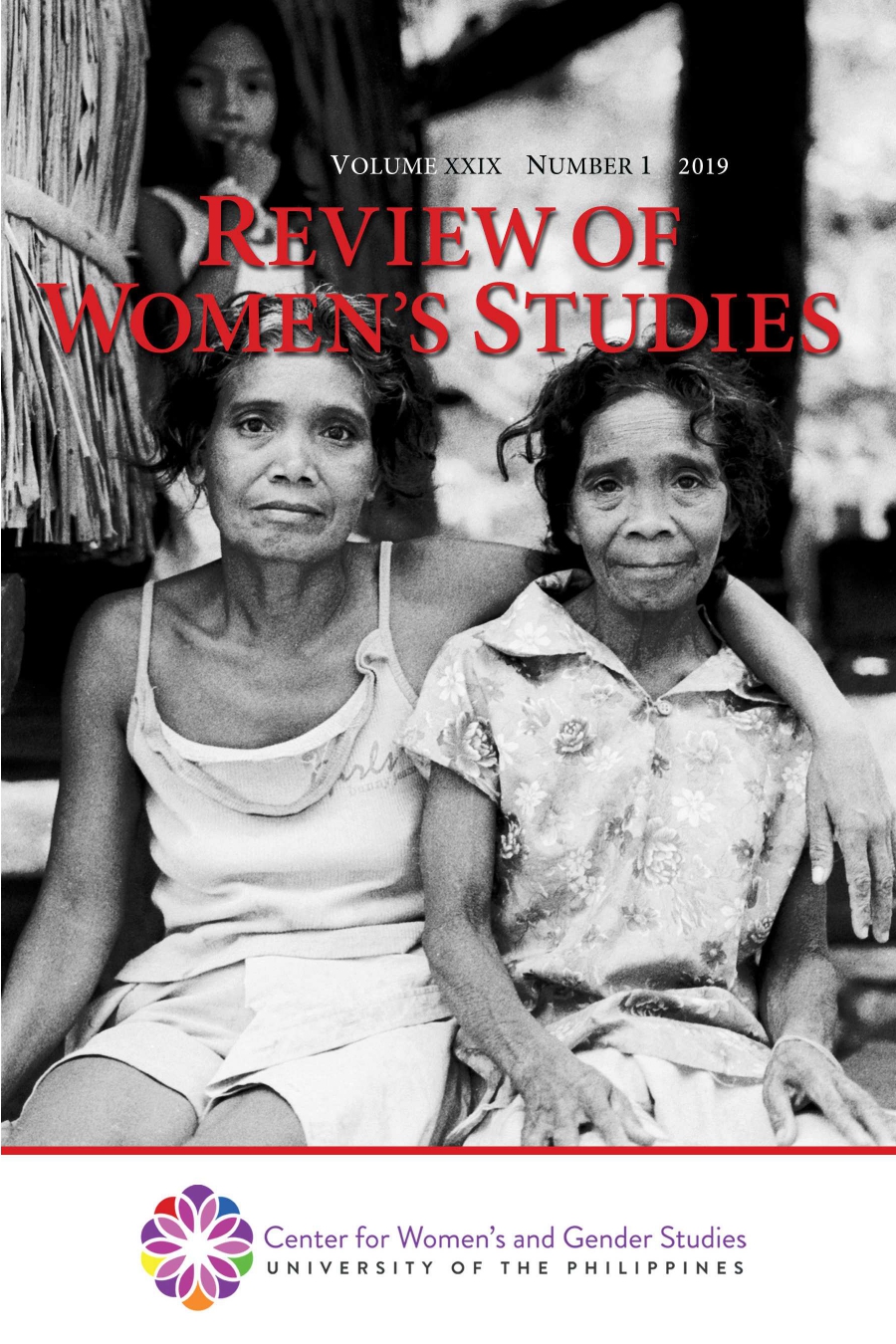Inang Naulila sa Anak: Isang Feministang Perspektibo sa Maternal na Pagdadalamhati
Abstract
The stories of women on this study unravel the life conditions of bereaved mothers who lost their children. Sharing their grief stories mirror various layers of oppression that women face in society. Their poverty, low position in society, limited opportunities, and lack of access to public services render their children vulnerable to illnesses and the danger of death. Losing their children to death is the most tremendous tragedy that these mothers suffer in their life. It has caused immense pain.While we recognize the torments of grieving mothers, there is no discourse yet that explains why such impact is more significant for women. The purpose of this study is to look into maternal grief of women who are living in poverty. It aims to address three research questions: (1) What are the beliefs or values of bereaved mothers that can be hindrances in their grief recovery?; (2) How do gender conditions affect poor, bereaved mothers in their grief?; and (3) How can other people and primary institutions in society help bereaved mothers in the process of their grief recovery?
Six bereaved mothers were the center of the study. Through surfacing their innermost feelings and views, our perception of maternal grief is given new perspective. In gathering data, the primary instrument used was the projective drawing. This was complimented by in-depth interview and focus group discussion. Gender analysis applied to this study analyzes the implication of gender condition in four significant aspects of the mother’s grief: (1st) their personal experiences; (2nd) their experiences with their family; (3rd) their experiences in the community; and (4th) their experiences at level of the socio-cultural system.
Result of the study have led to the following conclusions: (1) The gender condition of the bereaved mothers is a hindrance to their grief recovery and over-all life situation; (2) Bereaved mothers suffer more due to poverty and this is an added burden in performing their gender roles to their family and the community; (3) Maternal grief is a social construct which causes immense suffering and pain to the bereaved mothers; (4) The existing public services currently offered by the state are not sufficient in responding to the specific needs of the poor, bereaved mothers and their families; (5) The application of feminist perspective is a paradigm shift to respond holistically to the healing, grief recovery, and empowerment of bereaved mothers; and (6) Projective drawing as research method is appropriate to uncover women's inner most feelings and views which offers valuable insights in the discourse on maternal grief.
Published
2023-05-11
Section
Articles


